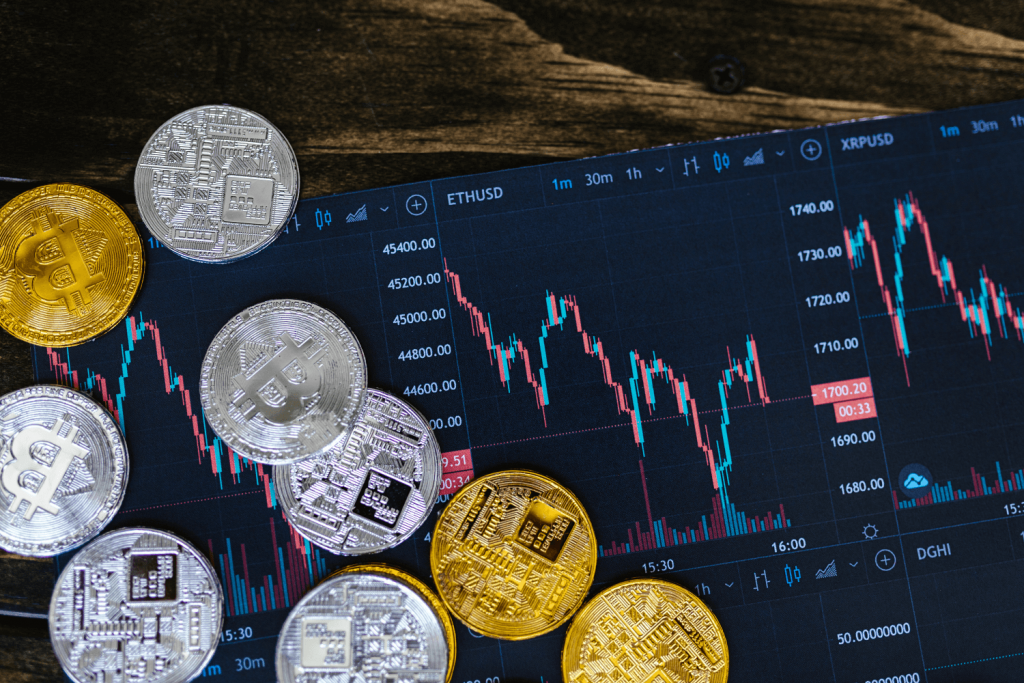
An analysis by the Wall Street Journal suggests that “about a fifth of all bitcoin—around $20 billion—is lost, most of it permanently. When people purchase cryptocurrency, the details of their transactions are stored in software called a “wallet,” which they can unlock with a personal-identification number. Unlike an ATM PIN, this password can’t be recovered easily, since there is no bank to retrieve it.”
There is an increasing number of Malaysians who own digital assets like NFT, cryptocurrency, and other digital products. However, these digital assets tend to be neglected by many Malaysians in their estate planning. Not including such digital assets might lead to a situation like loss of valuable assets and information. Your executor/beneficiary might not be aware of your digital assets, and even if he/she is aware, access might be an issue without any key/details.
Is Cryptocurrency legal in Malaysia?
You may ask if cryptocurrency is legal in Malaysia? The short answer is yes. In the case of Luno Pte Ltd & Another v Robert Ong Thien Cheng, the Sessions Court had recognised that cryptocurrency is a form of commodity as there is value attached to cryptocurrency akin to how value is attached to shares as real money is used to purchase both cryptocurrency and shares. However, note that cryptocurrency is not recognised as legal tender. Legal tender means a legally recognized payment method.
Listing digital assets in your will.
There are various e-wallets and cryptocurrency websites where Malaysians sign up for an account. These e-wallets usually come with a key and/or a passcode for the account holder. When listing your digital assets in your will, you should include sufficient details for your executor and beneficiary to access your digital assets.
If you don’t explicitly list your digital assets in your will, you should include a residuary clause to capture them. A residuary clause in wills is also known as a “catch-all clause” as it accounts for anything you might have missed and prevents any asset from being left out. In such a situation, details of your digital assets (e.g., the name of the e-wallets or websites, login details, keys, and/or passwords) should be included in an attachment to be kept together with your will. However, for security reasons, you might want to keep the details in a secure place that is only accessible after your demise, provided that you inform your executor or beneficiary of such a location.
When you acquire new digital assets, just update your will. It might not have crossed your mind to include such digital assets in your will but like any other form of assets, it should be listed in your will.
Disclaimer: The information provided herein is not intended to be taken as legal advice.

Speak to us to find out more about how to update your will.
Tan Xin Ying, Partner, Tan Heng & Associates.
Leave a Reply